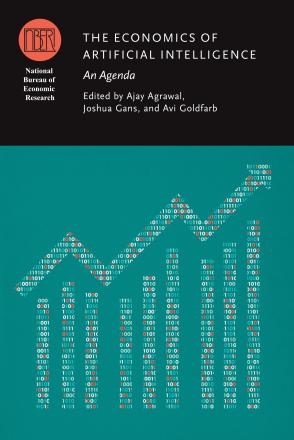Neglected Open Questions in the Economics of Artificial Intelligence

The economics of artificial intelligence (AI) is commanding growing attention, but not all aspects of the problem have been considered adequately. For instance, in addition to its immediate effects on real wages, AI also has distributional effects through consumer surplus. Those effects may vary greatly, depending on whether there are constant or increasing returns to scale. AI also will have distributional consequences in the international sphere, for instance by making it harder for lower-wage nations to build their export capacities by offering lower wages to investors. Finally, AI will interact with political economy factors. Society may need to redistribute status as well as income, and furthermore the possibility of corruption may render large-scale redistribution impractical.
-
Copy CitationTyler Cowen, The Economics of Artificial Intelligence: An Agenda (University of Chicago Press, 2018), chap. 15, https://www.nber.org/books-and-chapters/economics-artificial-intelligence-agenda/neglected-open-questions-economics-artificial-intelligence.Download Citation


